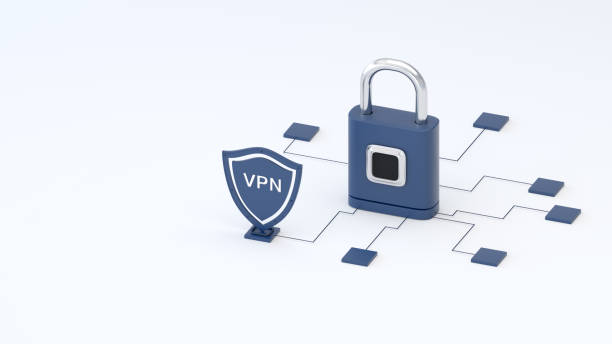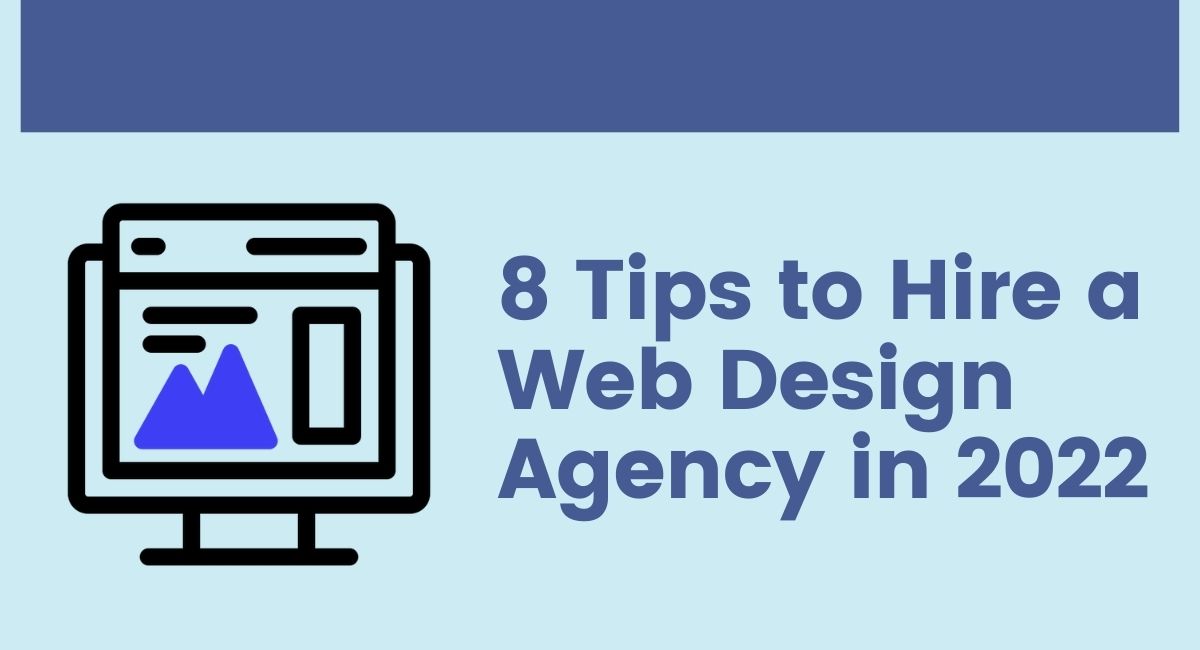It’s critical that you only use a provider that’s gone through an independent third-party audit.
Not all VPNs are made equal. Some VPN companies say they have a no-logs policy, but until it’s been tested, it’s just marketing. If they record your data, they may hand it over to the authorities if required by law. You might be sitting there thinking, “Well I haven’t done anything wrong, why would I worry about that?” Good for you. The thing is that if a VPN is storing your data, then you are reliant on their cybersecurity not losing it in a data breach. If they are recording all your online communication, there’s a good chance that some of your usernames and passwords are living on their servers.
Other VPNs, especially the free ones, have weak encryption like PPTP and security flaws that might allow hackers to steal your data.
An audit by an external body will ensure that the VPN provider is practising good security and privacy standards. It will make sure no logs are being kept and stress-test the server to verify that it can handle all types of assaults. The fact is that a VPN with leaks and faults is more dangerous than not using one.
How a VPN Works?
A virtual private network, or VPN, encrypts your data and sends it through their server. At the VPN server, your data is decrypted to check the real recipient, and then the server forwards your traffic to its intended location.
Encryption makes it impossible for anyone to read a message unless they have the correct password or key to unlock the encryption, as we all know from watching Hollywood films. All internet traffic leaving your PC is bundled into an encrypted envelope. Your ISP takes this package to the VPN’s address printed on the front, but they are unable to open it. When the envelope arrives at the server, it can be decrypted and sent on to the intended recipient. There’s no way to link you back to them if the VPN doesn’t keep records.
Why Should You Use a VPN Service?
The main reason people use VPNs is to keep their data private and secure, but there are other benefits too. When you’re connected to the internet through a VPN server, your traffic is also routed through that server. This can help you get around censorship blocks put in place by your government, school, or workplace. It can also help you access geo-blocked content, such as watching a Netflix film that’s only available in the US.
When you connect to a VPN server in another country, your internet traffic appears to be coming from that country. That means you can access websites and services that are usually blocked in your location.
What are External Audits? Why Are They Important for VPN Providers?
When you use a virtual private network (VPN), it takes the role of your internet provider, allowing any VPN to monitor and log everything you do online. While many VPNs claim to have no-log policies, these claims are occasionally dashed in practice.
It’s unusual for a VPN service to allow you to examine their code, and unless you’re a skilled cybersecurity specialist, it’s unlikely you’d be able to make sense of it, given the chance.
Instead of opening up their software and trade secrets, a provider let’s an independent 3rd party look inside the code and run tests to test for issues. The auditor’s reputation is on the line. They have no incentive to lie since if they award a provider’s servers a clean bill of health and they are subsequently hacked, it will damage the auditor’s reputation. Audits also provide developers with an opportunity to discover any software bugs they might have missed. Software developers can then patch these before they are exploited by malicious actors.
An external audit is important for two reasons:
1) To ensure that the VPN software doesn’t have any gaping security holes that could be exploited by hackers.
2) To confirm that the provider is adhering to their stated no-logging policy.
The Benefits of Using a VPN
A VPN is beneficial for online privacy. If you live in a state with tight internet restrictions, you’ll need a VPN, but they aren’t just for China, Russia, and Iran. Net neutrality has recently been abolished in the US, allowing ISPs to sell customers’ browsing data to marketers. It also allows ISPs to limit consumers’ access to certain types of content. A VPN will give you back the freedom to access the internet without having to worry about your data being monitored or censored.
It’s not just governments and ISPs that users want to keep their activities private from. Consider a scholarship student at a conservative institution. It’s in your best interests to keep what you are doing a secret from the system administrator.
In a nutshell, anyone who wants to hide their activity from someone else will benefit from the use of a VPN.
What to Check Before Choosing A VPN provider
When looking for a VPN, there are a few things to consider:
Reputation: Look for audits and read online reviews to determine a company’s reputation. If the company has been involved in a lawsuit and been asked to surrender their logs and they didn’t do it, or couldn’t because they didn’t exist that’s a very good sign.
Ease of use: A good VPN should be simple to set up and use. If it’s not, you’ll most likely abandon using it entirely.
Free VPNs are appealing, but they’re rarely worthwhile. If a company is providing a good service, they are likely selling your data to monetize it in other ways. Hotspot Shield is an example of a free VPN service that has been caught doing this.
No-logging policy: This is the most important thing to consider when choosing a provider. If they are logging your data, they can hand it over if they are subpoenaed.
Server locations: The number of server locations a VPN offers is important, since the more locations it has, the more likely you are to discover one near you and enjoy a faster connection.
Let’s Wrap This Up
The no-logs policy of a VPN is only as strong as the company that offers it. Make sure a provider has been externally audited and that their servers are in good working order before entrusting them with your data. It’s simple to use a VPN after you’ve found a trustworthy service provider.
If you’re searching for a trustworthy, VPN with a no-logs policy that’s been put to the test, look no further than SurfShark VPN. If you want to try it out with a free VPN trial, they have one available.








